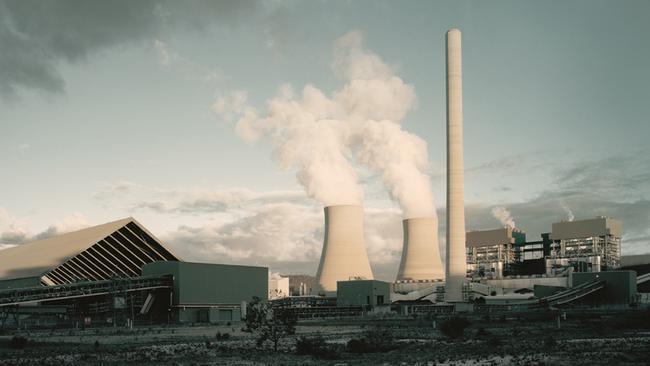Peak environmental groups fear proposed safeguard could risk emissions blowout
Peak environmental groups are warning Labor’s safeguard mechanism could risk an emissions blowout, newly released modelling showing it would have a minimal impact on emissions.

Peak environmental groups the Australian Conservative Foundation and Climate Council are warning Labor’s safeguard mechanism could risk an emissions blowout, pointing to newly released modelling showing it would have a minimal impact on emissions reduction over time.
The modelling, undertaken by RepuTex, showed emissions from just 16 proposed new coal and gas projects would be equal to one-quarter of overall emissions reductions the safeguard mechanism is estimated to achieve over the decade.
Climate Council’s head of advocacy Jennifer Rayner said that without the “right settings”, new coal and gas projects would eat a large and growing share of the safeguard mechanism’s emissions budget in the years ahead.
“Worse, if the production of coal and gas is even a little higher than the government has predicted, this risks blowing the carbon budget entirely,” she said.
“That’s before taking into account the more than 100 further fossil fuel projects still in the development pipeline,” Ms Rayner said.
Labor’s safeguard mechanism – due to go before parliament in the coming sitting fortnight – is at the core of its commitment to reduce emissions by 43 per cent emissions by the end of the decade and requires the country’s 215 biggest-polluting facilities to slash their emissions by almost 5 per cent each year to 2030.
Companies will be required to pay up to $75 to offset every tonne they emit over a baseline level of emissions under an artificial cap fixed by the government.
However, the RepuTex modelling noted baseline decline rates of between 5.8 per cent and 8.9 per cent may be required between 2024 to 2030 to meet the emissions budget.
ACF climate change and clean energy program manager Gavan McFadzean said that besides the low baseline rate proposed by the government, another key concern with the safeguard mechanism was that it didn’t distinguish between “essential” and “non-essential” industries.
“A huge flaw in the proposed Safeguard Mechanism is that it doesn’t distinguish between essential industries that Australia needs to decarbonise – like steel, cement and aluminium – and big polluting industries that should be rapidly phased out, like coal and gas,” he said.
“Industries like cement and steel shouldn’t have to do more to compensate for Australia’s biggest fossil fuel polluters.

“The government should prioritise the decarbonisation of future-focused industries, helping Australian businesses, communities and workers to thrive in a world headed to net zero, while rapidly phasing coal and gas out of the economy.”
The ACF and Climate Council said that the government needed to introduce “a hard cap” into the safeguard mechanism and ensure new entrants onto the safeguard mechanism “undergo a rigorous environmental assessment” under an improved Environment Protection and Biodiversity Conservation Act.
The government is set to face down the Greens’ calls for either a ban on new coal and gas or a climate trigger in exchange for their support for the safeguard mechanism in parliament.
Greens leader Adam Bandt has claimed the current arrangement of approving the safeguard mechanism while allowing for more coal and gas to go online would make “the problem” of climate change worse, not better.
However, Mr Bandt said the desire to change the mechanism or introduce a ban on new coal and gas was “an offer not an ultimatum”, leaving the door open for his party to support the legislation this week.
The government needs two other votes in the Senate on top of the Greens’ support to pass the Safeguard Mechanism Bill.








To join the conversation, please log in. Don't have an account? Register
Join the conversation, you are commenting as Logout